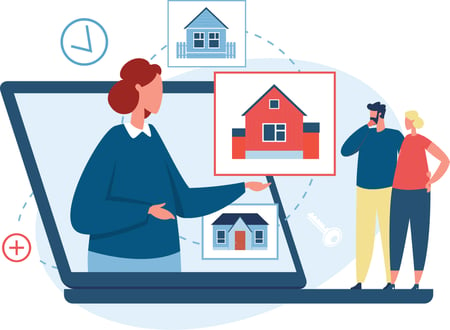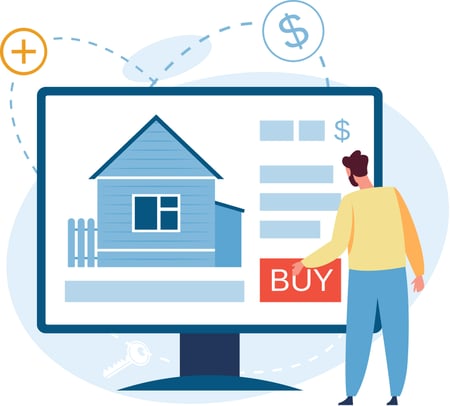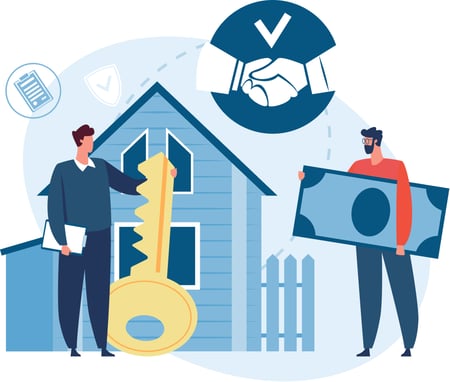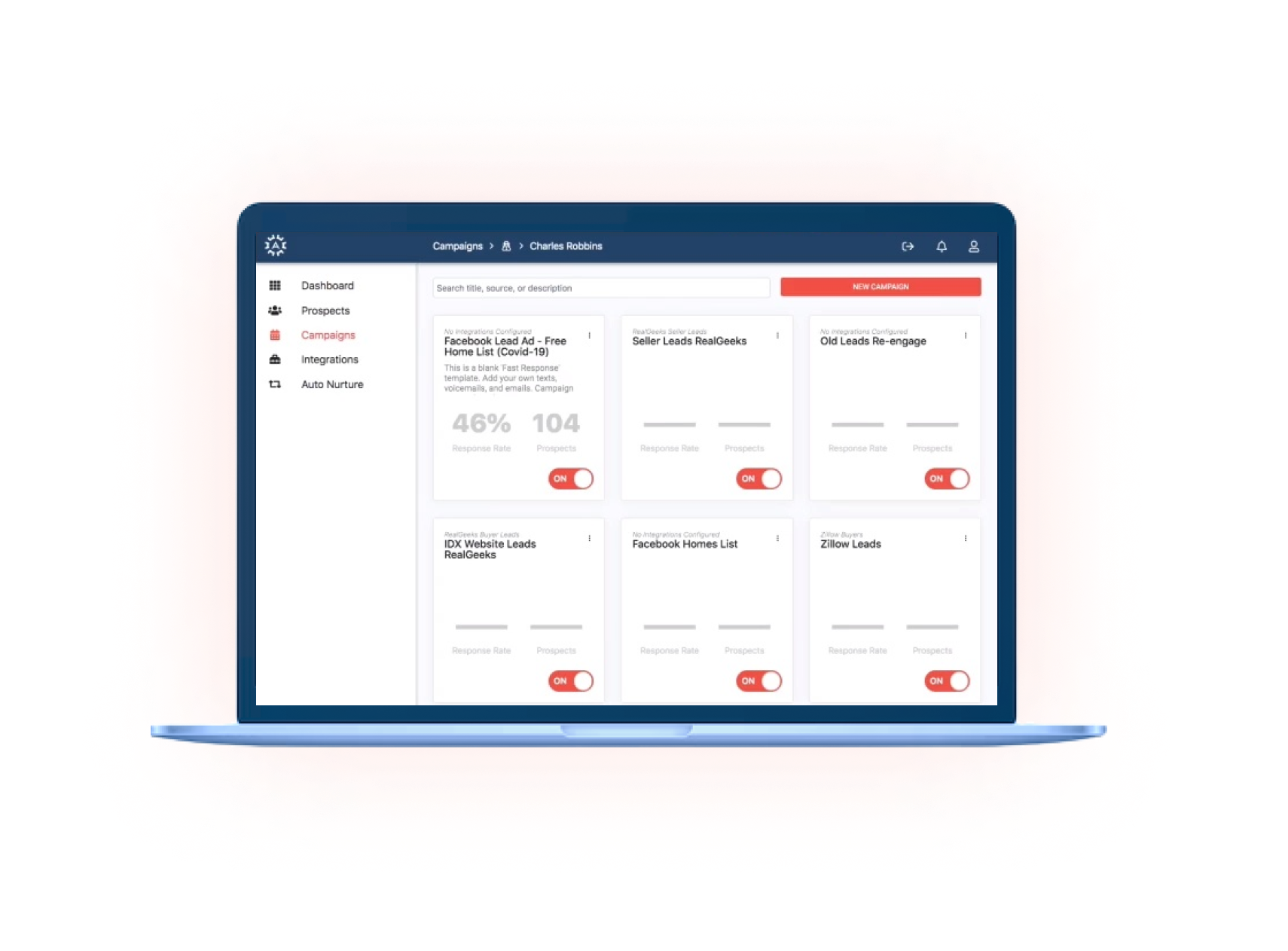Being a real estate agent is no easy task. It takes years of experience, patience, and diligence to be successful. This is especially true these days because the real estate market has changed dramatically over the past several years. As a result of an ever changing market, successful agents have needed to pivot and change their business practices to attract new clients.
One of the ways that agents can keep up with the volatility of the market and take advantage of changes as they come up is by tracking the real estate lead lifecycle stages. Many agents fail to do this, and as a result risk missing out on a large number of excellent potential prospects.
Let's take a closer look at these seven lead lifecycle stages and how tracking them can help your business thrive.
1. Prospective Lead (Unqualified)
This is the first stage in the real estate lead lifecycle. At this point, a potential client has either contacted you, or you have received their information from a form. They haven't yet decided to work with you or your company.
To turn these leads into successful closes, it's crucial to maintain contact with them by sending regular emails and setting up automation to keep your name/company top of mind.
It is essential to get additional information when possible, such as their budget, how soon they are looking to buy, what neighborhoods they are interested in, etc. This will give you a better understanding of where you can go with the lead.
You can use this information to put prospective leads into the correct automations to ensure they are given the information that would be most relevant to them.
2. Under Nurturing
You've captured a lead at this stage, and the prospect has moved from being curious about your services to wanting more information. This is where nurturing campaigns like email marketing come into play to keep your prospects interested in learning more about how you can help them. You can do this by sharing blog posts, videos, and podcasts that you think may be of interest.
This stage helps warm prospects up to you and your business before becoming customers. Set yourself apart from other agents and discuss why working with you or your company is better than with a traditional agent.
3. MQL (Scored via lead scoring)
MQL stands for Marketing Qualified Lead. This is when a prospect has been scored as very likely to become a customer, so it's time to assign them a sales rep or move them into the next stage of your sales funnel.

This stage shows that the prospects have some genuine interest in what you do, and they are engaged enough to want to talk with someone from your company. Agents need to understand that not every MQL will become a sale, but it's essential to follow up with them as you still want these people as part of your pool of future prospects.
You can automate lead scoring with an easy-to-use platform like Agent Legend, which can help you keep track of every lead's activity.
4. SQL (Qualified by the salesperson)
A SQL is someone who has bought into your product or service and wants to move forward with making a purchase. This is often considered top of the funnel as these prospects will most likely close, but that is not always 100% for sure.
A great way to keep up with SQLs is with lead scoring, which can help you organize your leads according to their buying behavior.

Agent Legend's automated scoring platform keeps track of every prospect's activity, so you know who is more likely to buy and how engaged they are, determining whether it might be better for a sales rep to contact them or not.
5. ISA Qualification
This is another stage that you can track with lead scoring, where you know which leads are ready for an agent to see the home they are interested in.
Organizations that implement a solid lead tracking system can easily automate these processes so leads are not getting lost in the shuffle. The agent will meet the property owner and communicate why they are the best agent for the job and how they can help.
You should organize these lists according to lead score, which will make it easier to follow up with leads who are ready for an agent.
6. Listing Reservation
A listing reservation occurs when the property owner agrees to list with you, often done through a formal contract. You can also track this stage using lead scoring so you know which prospects are ready to reserve their property with your company.
Lead scoring allows you to organize your leads into categories that show whether or not they are moving forward with your services and how engaged they are. Keeping track of what stage your leads are at and maintaining contact with them will let them know that you're dedicated to helping them through their real estate needs.
7. Paid Customer
A paid customer is someone who has gone through the sales process and is now a happy, paying client of your business. Keeping up with these individuals will be difficult if you don't have a good lead tracking platform in place.

Those that implement an effective tracking system can easily keep track of their clients and know who needs follow-up.
Real Estate Lead Tracking
As you can see, there are many significant stages in the real estate lead lifecycle, and keeping levels of engagement high is challenging without a way to oversee them. Implementing an automated platform like Agent Legend will let you follow up with customers, organize your leads, and track each step of their journey.
Agent Legend's automated lead scoring keeps track of each prospect's activity, so you know who is interested and how active they are, making it easier to understand when leads are ready for the next stage in your sales funnel. Try Agent Legend for free today, and see for yourself how our software can make you a legend in real estate!

